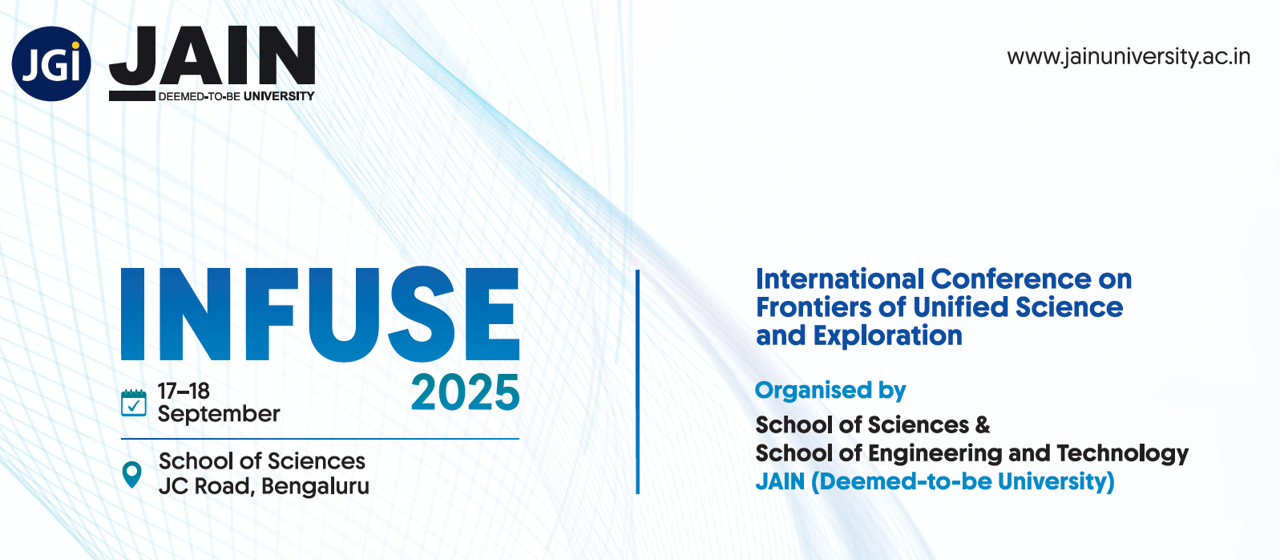Speakers
Description
Genetically Modified Crops for Climate Resilience: A Comprehensive Review
Dr. Pramod Prakash Desai1, Assistant Professor, M S Ramaiah College of Arts, Science and Commerce, Bengaluru-560054, Email id: pramod_biotech@msrcasc.edu.in.
K P Pavani2, M S Ramaiah College of Arts, Science and Commerce, Bengaluru-560054, Email id: pavanikp2005@gmail.com.
Lisha Shiva Shankar2, Student, M S Ramaiah College of Arts, Science and Commerce, Bengaluru-560054, Email id: lishass05@gmail.com.
Mahathvini G A2, M S Ramaiah College of Arts, Science and Commerce, Bengaluru-560054, Email id: mahathviniga@gmail.com.
Abstract
Climate change imposes severe constraints on global agriculture through elevated temperatures, altered precipitation patterns, increased frequency of droughts and floods, salinity intrusion, and shifts in pest and pathogen distributions, collectively undermining crop productivity and yield stability. One of the most critical impacts is the disruption of sexual reproduction in horticultural and cereal crops, threatening food security. Conventional breeding, though effective, is often too slow to match the accelerating pace of environmental change. Genetically modified (GM) crops provide a targeted and accelerated pathway to developing climate-resilient cultivars by enabling precise introduction of genes that confer tolerance to multiple abiotic and biotic stresses. Traits such as drought and heat tolerance help maintain physiological function under water scarcity and high temperatures, while salinity tolerance—achieved through genes like NHX1—prevents ion toxicity and growth inhibition. Pest-resistant crops such as Bt- cotton reduce losses from climate-aggravated pest pressures, while varieties like Sub1A rice and DroughtGard maize offer submergence and drought resilience, respectively. These traits are introduced via transgenic and cisgenic methods, particle bombardment, Agrobacterium-mediated transformation, and increasingly, genome-editing tools such as CRISPR/Cas9, enabling precise multi-trait stacking. Beyond yield stability, GM crops can lower reliance on irrigation, fertilizers, and pesticides, supporting sustainability goals. However, their adoption is influenced by biosafety regulations, public acceptance, and equitable access, particularly for smallholder farmers. Integrating GM technology with conventional breeding, genomic-assisted selection, and agroecological practices can produce multi-stress-tolerant cultivars tailored to regional needs, offering a strategic approach to safeguarding global food security under intensifying climate pressures.
Keywords: Climate resilience, genetically modified crops, abiotic stress tolerance, biotic stress tolerance, drought tolerance, heat tolerance, salinity tolerance, pest resistance, CRISPR/Cas9, transgenic crops, yield stability, food security, sustainable agriculture, genome editing, climate change adaptation

